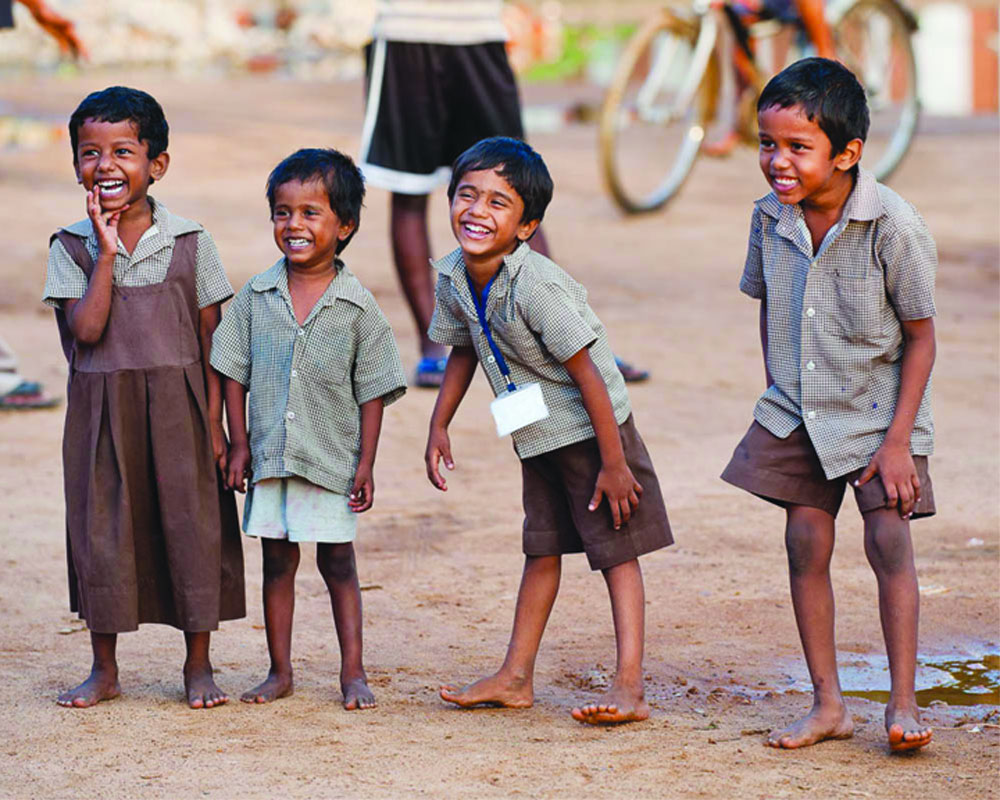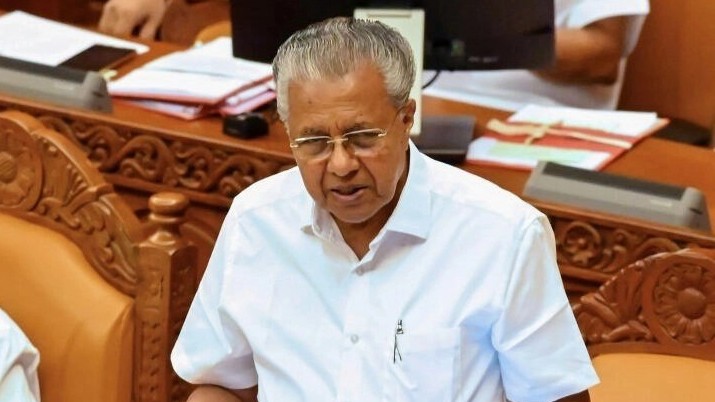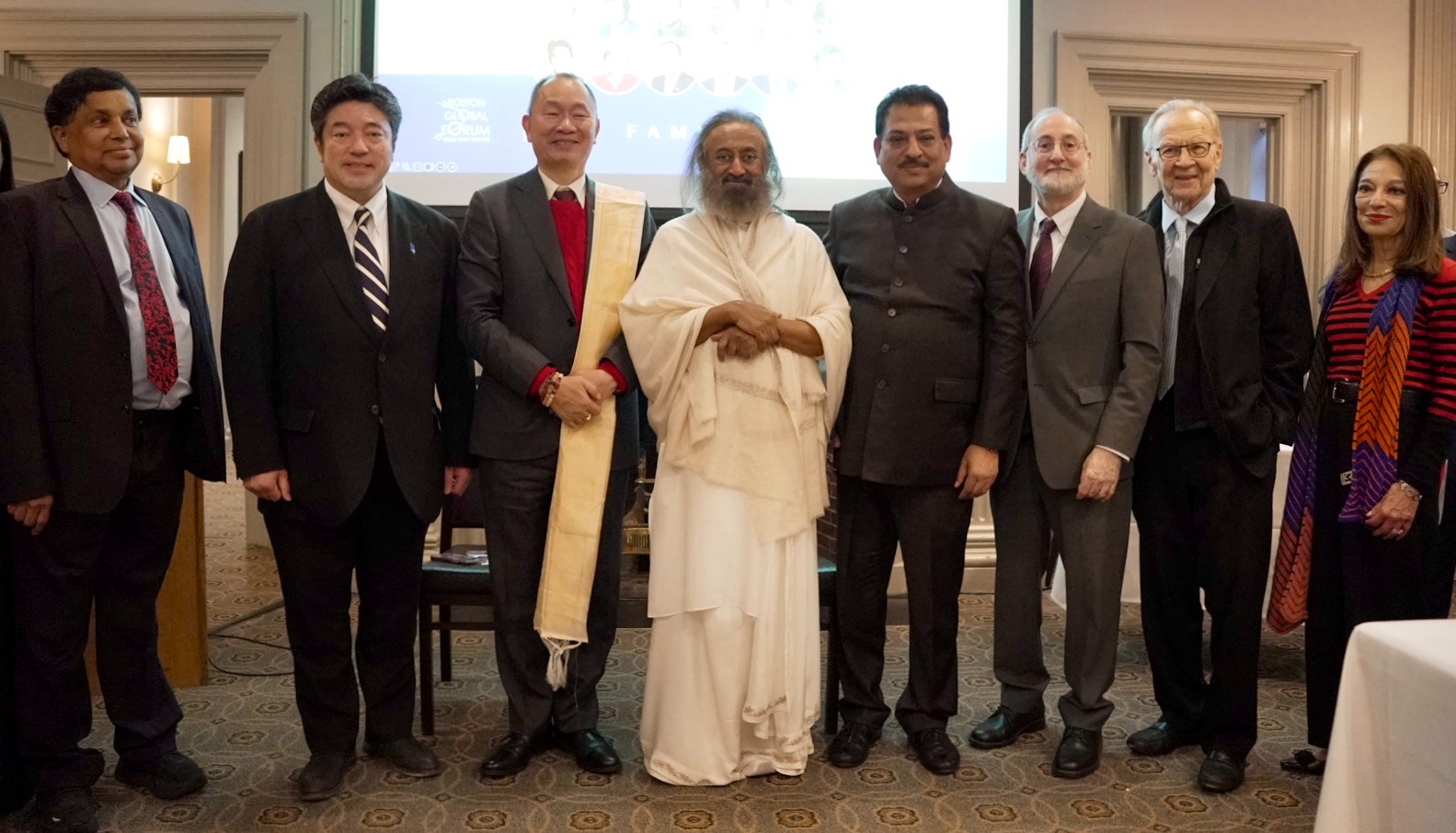The World Bank’s human capital index shows the potential development of kids slid to 50 per cent in pandemic times
As expected, the impact of the Coronavirus pandemic has not just been on health and global economies; its multi-pronged effect is now threatening to erase the gains made in improving child education and health in the years before the outbreak. This fallout of the contagion is the most evident in the poor and Third World nations, the World Bank said while commenting on the Human Capital Index for 2020, which ranks countries on how well children are prepared for the future, with an emphasis on factors like schooling and healthcare. Despite the fact that most countries made steady gains in improving health and education prior to the pandemic, the virus has dealt a body blow to all these efforts. Children in a low-income country will likely achieve only 56 per cent of their human capital compared to ones with access to a complete education and full healthcare. This is alarming as human capital is absolutely vital to the financial and economic future of any country as well as its social well-being. And as World Bank President David Malpass has warned, “inequalities among children are set to increase” and as “more than one billion children have been out of school due to Covid, they could lose as much as $10 trillion in lifetime earnings.” In our case, the girl child would be the first victim as her education is the first casualty in poor households forced to choose between feeding the family and reserving knowledge pursuit as a rare privilege. Besides, while the education of children from well-heeled families will not face so much disruption, students from marginalised families and in rural areas will suffer, both due to lack of smartphones, computers, laptops and the lack of infrastructure and knowhow on how to use these enablers. Though both teachers and students have adapted to online classes to a large extent in urban areas, teachers themselves are not satisfied because they feel that the learning experience can never compete with brick and mortar classrooms. In an online setting, students may have more distractions and less supervision, which can reduce their motivation to do well academically. First there is the issue of keeping them engaged. Then how do you teach subjects which require live experiments and demonstrations? What of personal attention to struggling students? Research shows that students who struggle in physical classes are likely to struggle even more online. Also, being in school/college in person with teachers and friends creates social pressures and benefits that can help motivate the young to engage.
On the health front, too, there is cause for concern as the lockdown impacted programmes tackling malnutrition. With schools closed, children from impoverished families have been deprived of their one, daily nutritious food in the form of free mid-day meals. Immunisation programmes have been hit by the lockdown as has the community vigilance by the ASHAs and ANMs, who were the first point of contact for parents with sick children. If the world had to work hard to provide an equitable world for children, it will have to work doubly hard to mend the damage caused by the contagion in the years to come.








 OpinionExpress.In
OpinionExpress.In















Comments (0)